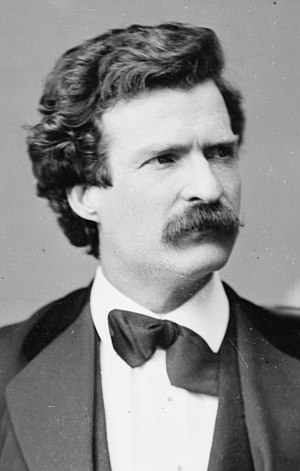Since the 1960’s, over 10,000 “how-to” book on psychotherapy have been published. I joke about this fact at my workshops, stating “Any field that needs ten thousand books to describe what it’s doing…surely doesn’t know what its doing!” I continue, pointing out that, “There aren’t 10,000 plus books on ‘human anatomy,’ for example. There are a handful! And the content of each is remarkably similar.” The mere existence of so many, divergent points of view makes it difficult for any practitioner to sort the proverbial “wheat from the chaff.”
Over the last 100 years or so, the field has employed three solutions to deal with the existence of so many competing theories and approaches. First, ignore the differences and continue with “business as usual”– this, in fact, is the approach thats been used for most of the history of the field. Second, force a consolidation or reduction by fiat–this, in my opinion, is what is being attempted with much of the current evidence-based practice (“specific treatments for specific disorders”) movement. And third, and finally, respect the field’s diverse nature and approaches, while attempting to understand the “DNA” common to all–said another way, identify and train clinicians in the factors common to all approaches so that they can tailor their work to their clients.
Let’s face it: option one is no longer viable. Changes in both policy and funding make clear that ignoring the problem will result in further erosion of clinical autonomy. For anyone choosing option two–either enthusistically or by inaction–I will blog later this week about developments in the United States and U.K. on the “evidence-based practice” front that I’m sure will give you pause. Finally, for those interested in movng beyond the rival factions and delivering the best clinical service to clients, I want to recommend two resources. First, Derek Truscott’s, Becoming an Effective Psychotherapist. The title says it all. Whether you are new to the field or an experienced clinician, this book will help you sort through the various and competing psychotherapy approaches and find a style that works for you and the people you work with. The second volume, is Mick Cooper’s Essential Research Findings in Counselling and Psychotherapy.
What can I say about this book? It is a gem. Thorough, yet readable. Empirical in nature, but clinically relevant. When I’m out and about teaching around the globe and people ask me what to read in order to understand the empirical literature on psychotherapy, I recommend this book.
OK, enough for now. Stay tuned for further updates this week. In the meantime, I did manage to find a new technique making the rounds on the workshop circuit. Click on the video below.




